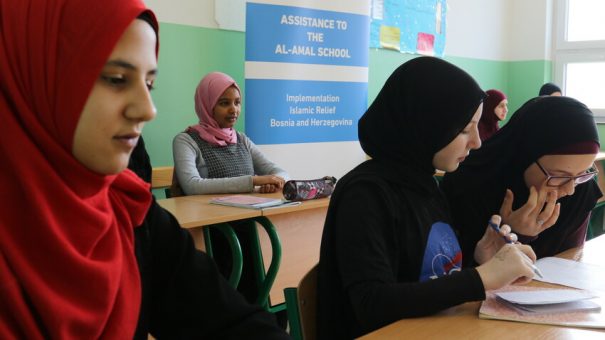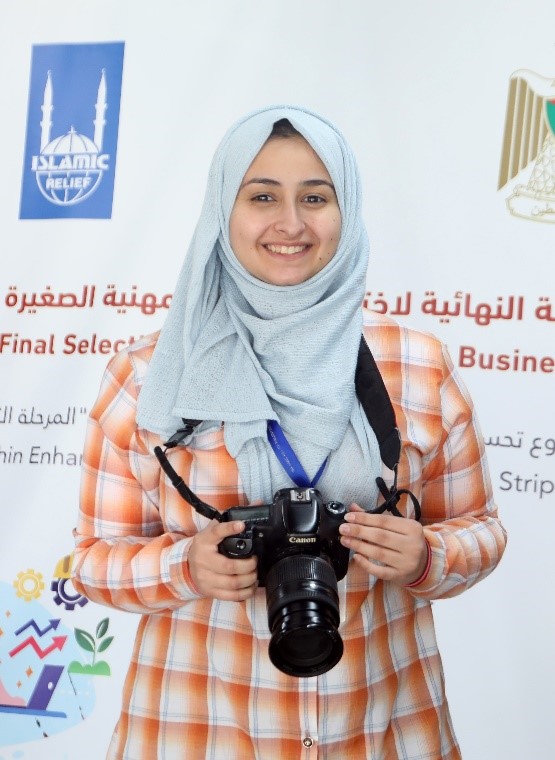Wheelchairs, crutches or other visual indicators of disabilities are often the first thing to come to mind when we talk about disability. But what about people with disabilities that are not so immediately apparent? The challenge of living with ‘invisible disabilities’ is something with which Haya, 19, is very familiar.
Haya, who lives with her family in Gaza, was diagnosed as being deaf-mute at two-years old. Growing up she experienced many challenges, especially when it came to communicating with people.
“When most people first approach me they think I am like them,” says Haya. “There is always an awkward pause when I don’t talk back”.
As a child, she did her very best to be like other children but over the years she has grown in confidence.
“Unlike others, my disability is not on display, but I also don’t hide it. It sounds corny, but I don’t want to pretend. This is me, I have a disability, deal with it.”
Passionate about education, she was disappointed when she learned that she couldn’t pursue a degree in Press and Media at her local university.
“I have always loved photography, and when I was told I would struggle due to my disability, it made me more determined to prove everyone wrong. I eventually enrolled in a specialist photography training course at another university, and I am proud that I didn’t let the naysayers hold me back,” adds Haya.

